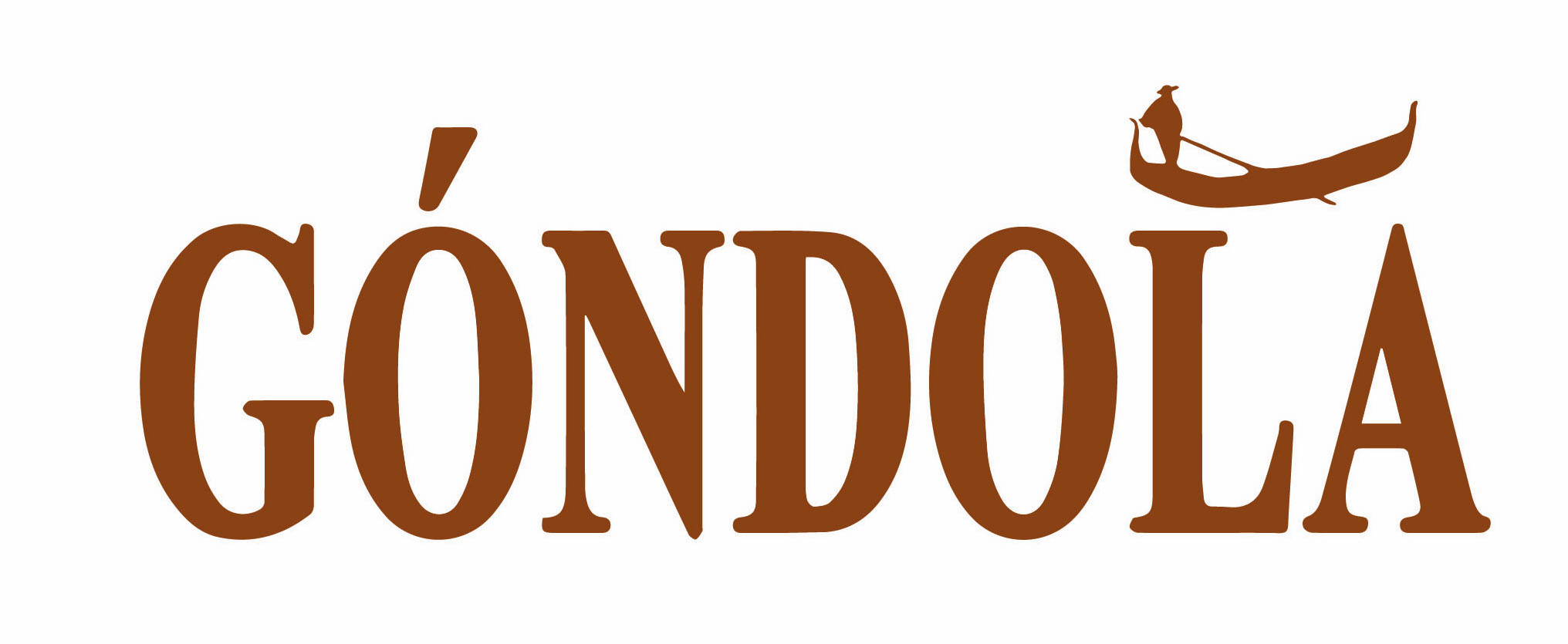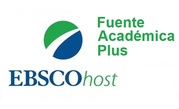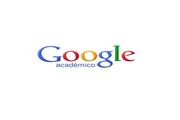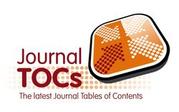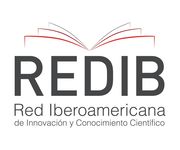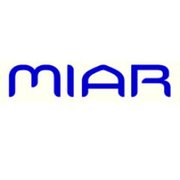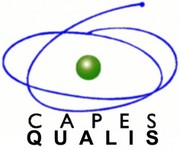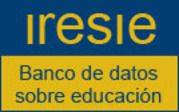DOI:
https://doi.org/10.14483/23464712.5220Published:
2010-01-01Estrategias de aprendizaje
Strategies of learning
Keywords:
Learning strategies, significative learning, cognitive strategies, interactive strategies. (en).Keywords:
estrategias de aprendizaje, aprendizaje significativo, estrategias cognitivas, estrategias interaccionistas. (es).Downloads
Abstract (es)
El presente artículo tiene como objeto hacer una aproximación conceptual a la noción de “estrategias de aprendizaje”, con el fin de entender cómo el hecho de reconocerlas y sistematizarlas conceptual y operativamente provoca cambios fundamentales en cualquier proceso de enseñanza-aprendizaje-evaluación. Analizar las estrategias de aprendizaje mediante perspectivas cognitivistas e interaccionistas ofrece aportes conceptuales que permiten visualizar formas de concebir, aplicar, sistematizar y evaluar principios que faciliten la optimización de ambientes de aprendizaje, y, por tanto, la cualificación del quehacer docente.
Abstract (en)
This article has as main objective to make a conceptual approximation to the “learning strategies”, understanding how the fact of recognizing and systematizing these strategies operatively and conceptually produce fundamental changes in any learning-teaching-evaluating process. To analyze “learning strategies” through the cognitive and interactive perspective makes possible to find different ways to conceive, apply, systematize and evaluate principles that will make easier the optimization of the learning environment, and the teacher job qualification.
References
BURON, J.(1992): Enseñar a Aprender: Introducción a la Metacognición. Editores Mensajero. México D.F.
CUERVO, C. y FLOREZ, R.(1992):La escritura como Proceso. En Los Procesos de la Escritura. Editorial Mesa Redonda Magisterio. Bogotá.
DORADO, C.(1996): Aprender a Aprender: Estrategias y Técnicas. Universidad Autónoma de Barcelona. http://www.xtec.es/-cdorado1/esp/est-tec.htm.
FERREIRO, Gravié R.(2002):Una Alternativa a la Educación Tradicional: El Aprendizaje Cooperativo. En Revista Panamericana de Pedagogía No3. Universidad Panamericana. México D.F.
GALBAN, S.; OCAMPO, M. y PORRAS, M (1998): ¿Aprendizaje significativo para quién?.En Revista Panamericana de Pedagogía. Insurgentes, Mixcoac. México. D.F.
GROS, B. (2000): El Ordenador Invisible: hacia la apropiación del ordenador en la enseñanza. Ed, Gedisa, Barcelona España.
SEGOVIA, F. y BELTRÁN, J.(1998): El Aula Inteligente. Nuevo Horizonte Educativo. Ed. Espasa Calpe, S.A.Madrid España.
TEBEROSKY, A. y FERREIRO, E.(1992): Los Sistemas de Escritura en el desarrollo del Niño. Siglo XXI. México. D.F.
UNIVERSIDAD PEDAGÓGICA NACIONAL MÉXICO (2002): Criterios para Propiciar Aprendizajes significativos en el Aula. Impresora y Encuadernador Progreso. México D.F.
UNIVERSIDAD PANAMERICANA. Proyecto Docente-Institucional. Bogotá.
VIVAS y cols (1999):Estudio Descriptivo Exploratorio del Quehacer Fonoaudiológico en Evaluación- diagnóstico de la Lectura en Santa Fe de Bogotá.
How to Cite
APA
ACM
ACS
ABNT
Chicago
Harvard
IEEE
MLA
Turabian
Vancouver
Download Citation
License
Gondola, Ens Aprend Cienc. is an open-access publication, free of charge for authors and readers. The publication, consultation or download of the contents of the magazine does not generate any cost for the authors or the readers, since the Francisco José de Caldas District University assumes the expenses related to edition, management and publication. The peer evaluators do not receive any economic retribution for their valuable contribution. The work of all the actors mentioned above is understood as a contribution to the strengthening and growth of the research community in the field of Science Education.
As of December 1, 2018 the contents of the journal are published under the terms of the Creative Commons License Attribution-Noncommercial- ShareAlike 4.0 International (CC-BY-NC-SA 4.0), under which others may distribute, remix, retouch, and create from the work in a non-commercial way, give credit and license their new creations under the same conditions.
The copyright holders are the authors and the journal Gondola, Ens Aprend Cienc. The holders retain all rights without restrictions, respecting the terms of the license in terms of consultation, downloading and distribution of the material.
When the work or any of its elements is in the public domain according to the applicable law in force, this situation will not be affected by the license.
Likewise, we encourage authors to deposit their contributions in other institutional and thematic repositories, with the certainty that culture and knowledge is a good of all and for all.



